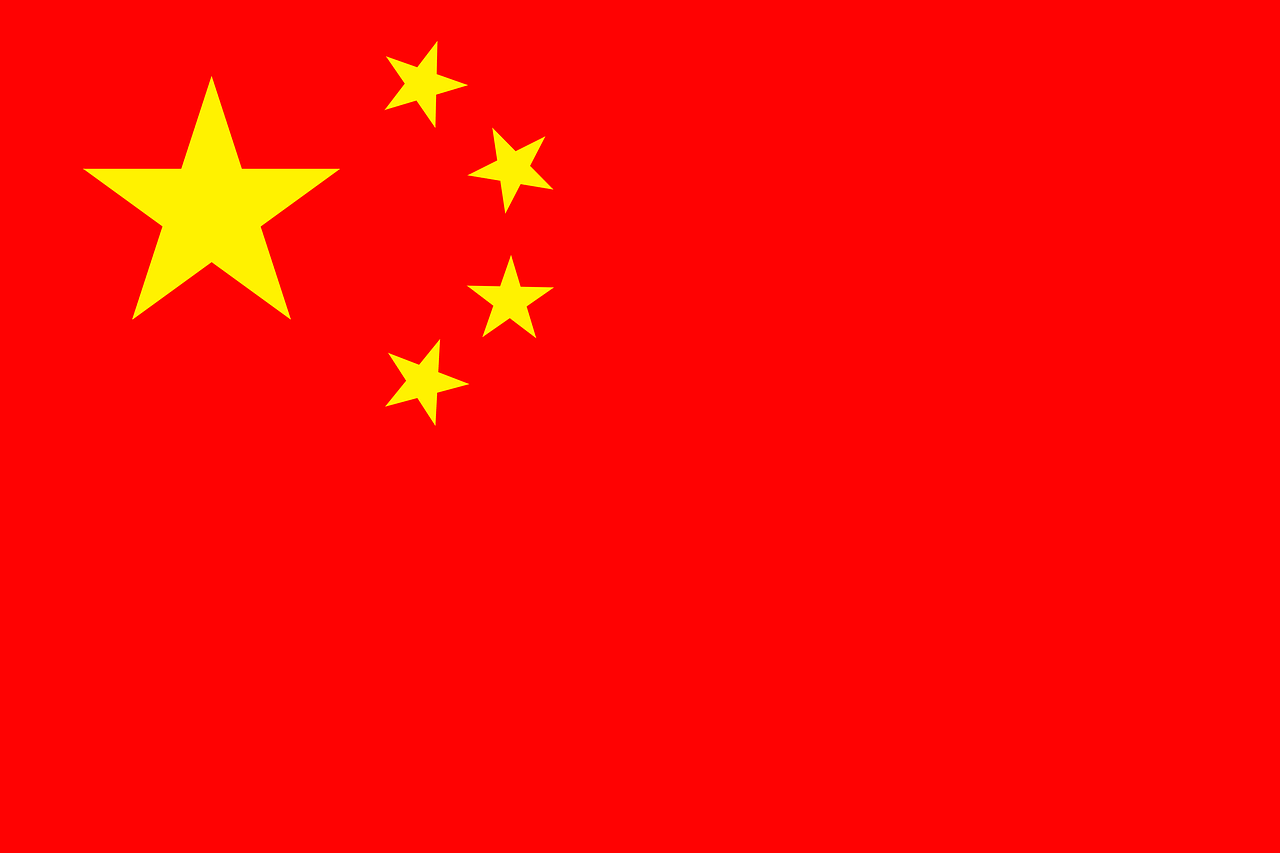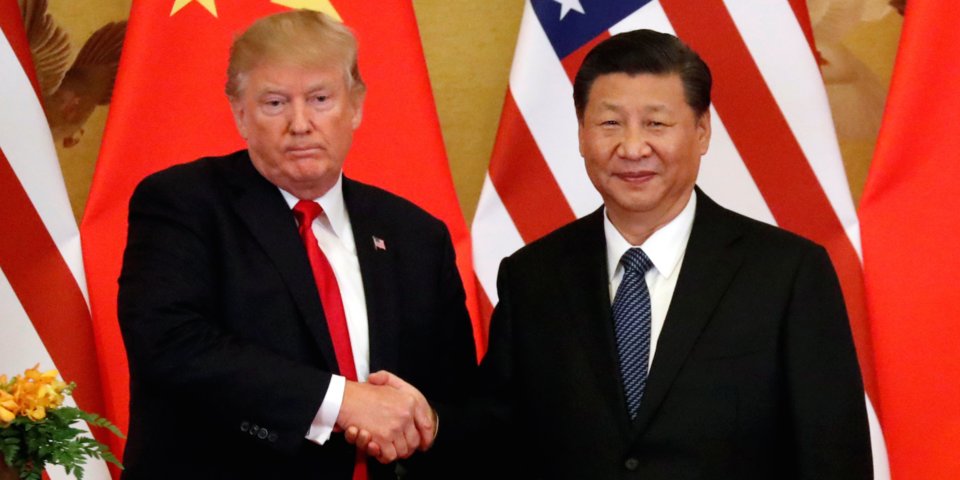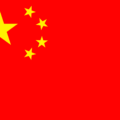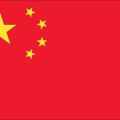EU Seen As A Key Partner for China With Respect to Trade

In 2020 China’s main trade partner was the European Union (EU). Eurostat, the Directorate-General of the European Commission reported that despite the Covid-19 pandemic, the exports and imports saw an increase.
New China News Agency reported this week that the EU’s imports from China increased by 5.6% throughout the previous year. This percentage translated to 383.5 billion euros. Similarly the exports surged by 2.2%, thereby reaching 202.5 billion euros.
Simultaneously EU’s trade in goods with the United States saw a considerable drop in exports and imports likewise. Up until early 2020 US topped as the EU’s trade partner.
EU experienced an overall increase in its trade volumes. There was an increase of 6.6 billion euros in its trade with the rest of the world in December 2020 from December 2019.
The trade bloc saw a reduction of 9.4% in exports of goods and an 11.6% reduction in imports in 2020. Industries were majorly affected by the restriction measures last year. The energy sector recorded the greatest drop as compared to the rest of the sectors. This was followed by the food and beverage industry, raw materials, and chemicals.
The recent release by Eurostat was in accordance with China’s official data published in mid-January this year. The said data showed a 5.3% growth of trade with the EU, which translated to 4495.77 billion yuan (approximately, 600 billion euros).
Overall China’s imports and exports of goods altogether increased by 1.9% year on year. This amounted to 32.16 trillion yuan (approximately US $5 trillion) in 2020. The increase in trade with the EU alone was more than twice the average growth rate.
Head of the Chinese Mission, Ambassador Zhang Ming remarked that this reflected the strong resilience and importance of China-EU economic and trade cooperation.
This China and EU relation seems to benefit both the economies. The EU is openly welcoming Chinese investment in Europe, albeit given that it is in line with the EU legal and regulatory framework. There is a strong focus on improving market access opportunities and promoting fair competition across the trade bloc.
Cui Hongjn from the European Studies Department at China Institute of International studies credited the pandemic for the EU’s economic reliance on China. He observed that the EU’s dependence on Chinese virus prevention products last year was largely what prompted the growth in trade. However, now the EU has started working on its own supply chain and producing its own virus prevention products. This raises the question of whether this would reduce the EU’s dependency on China. In light of this, it remains to be seen whether this upward trend in China-EU trade will be maintained this year as well.
However, one thing for certain is that the China-EU partnership will improve European companies reputation in China. According to Cui Honin, since China has pledged to provide more access to European investors, it would foster trust in European companies.


















